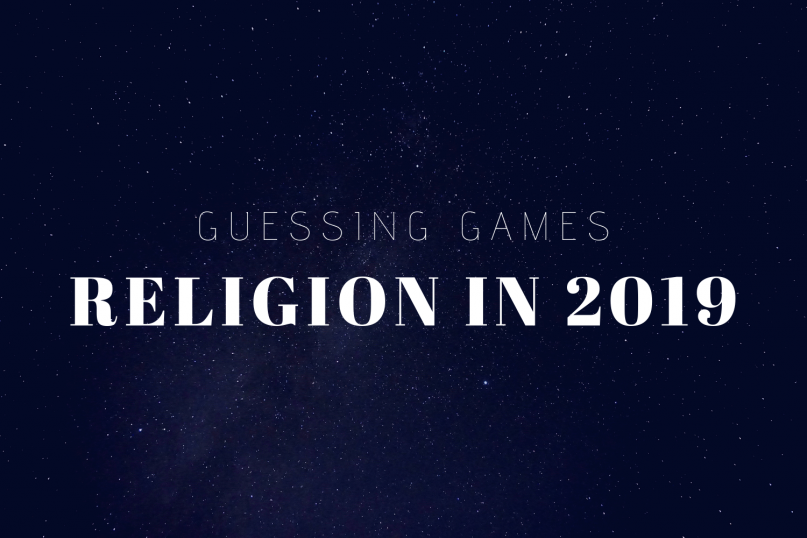(RNS) — This year saw wave after wave of new revelations about the extent of the Catholic Church’s sex abuse crisis. It saw deadly hate crimes, the explosion of state-sponsored persecution against China’s Uighur Muslims, major #MeToo moments in a slew of congregations and faith communities, critical milestones for religious minorities on Capitol Hill, and the specter of schism among United Methodists and other Christian denominations.
What will we see happen over the next 12 months?
We asked scholars, faith leaders, activists and other experts to predict what changes the American and global religious landscapes will see after the New Year. Here’s what they suggest we keep an eye out for.
The views expressed in these submissions, which have been edited lightly for length and clarity, do not necessarily reflect those of Religion News Service. Find last year’s predictions here.
Rabbi Jeffrey Salkin: Despite liberal anti-Israel push, American Jews will stick with Dems in the end
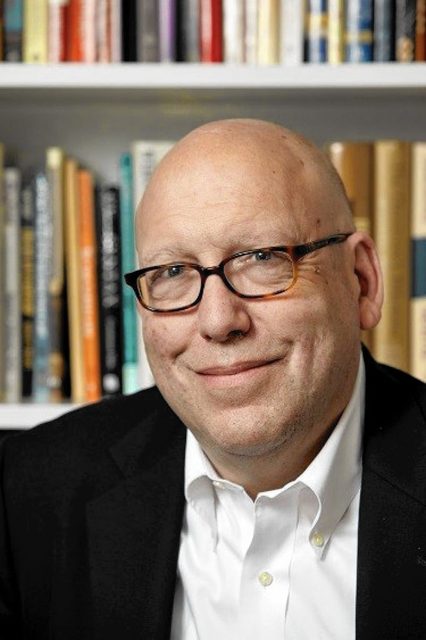 It seems clear to many American Jews that there are elements of the Democratic Party that are moving further to the left on Israel. They are moving from simply criticizing Israeli policies (which is common and often necessary), to flirtations with the BDS (boycott, divestment and sanctions) movement, to outright demonization of Israel itself.
It seems clear to many American Jews that there are elements of the Democratic Party that are moving further to the left on Israel. They are moving from simply criticizing Israeli policies (which is common and often necessary), to flirtations with the BDS (boycott, divestment and sanctions) movement, to outright demonization of Israel itself.
It also seems clear to many American Jews that there are elements of the Republican Party that are moving further to the right on the United States — wandering into nativist, anti-immigrant and, frankly, anti-Semitic territory. Oddly, ironically and tellingly, some of those Republicans are still fervently pro-Israel.
That being said, I predict that American Jews will increasingly find themselves to be politically homeless. And, that being said, I predict that most American Jews will reject the homelessness option and continue their historic allegiance to the Democratic Party. Read more.
Salkin writes the award-winning column “Martini Judaism” at RNS. He also serves as the senior rabbi of Temple Solel in Hollywood, Fla.
The Rev. Grace Ji-Sun Kim: A multifaith movement will push to address climate change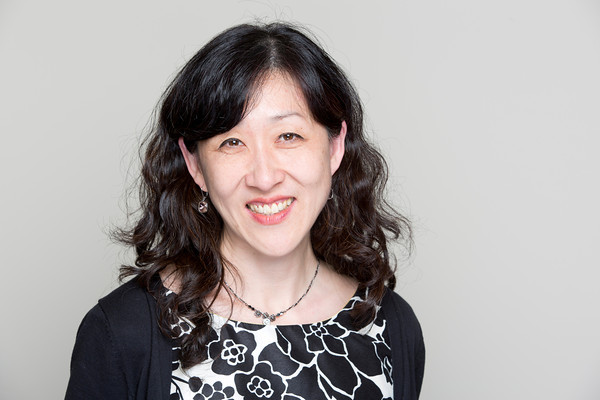
Scientists have been warning us for years that we must change our ways. They now warn us that we have only 12 years for global warming to be kept to 1.5 degrees Celsius or the risk of drought, floods and storms will worsen for millions.
My 2019 prediction is that churches and people of faith across the world will recognize the destruction of climate change and make a prophetic call to change our ways of living. This new year, the climate change problems that we have faced in 2018 will certainly worsen if we do not make conscious efforts to change our behavior and take action. Churches and religious organizations will recognize the urgency involved in changing our ways to fight climate change. Read more.
Kim is an associate professor of theology at Earlham School of Religion and co-author of “Intersectional Theology” and “Healing Our Broken Humanity.”
Simran Jeet Singh: American Sikhs will begin to conquer the skeletons in their closet
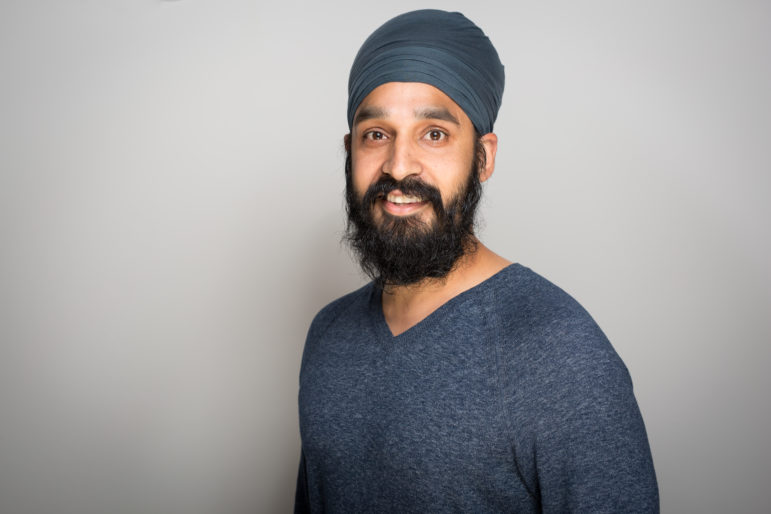
In 2019, Sikhs will make a concerted effort to address major issues within the community that have been ignored for far too long.
Many of these issues comport with discussions emerging across the rest of the country, such as sexual abuse, domestic violence, mental health, substance abuse, LGBTQ+ rights and poverty.
Much of what has kept the Sikh community from openly acknowledging its deep-seated problems is concern for how it might reflect on the community.
However, the broader shifts in our national conversations, coupled with a heightening awareness of intersectional struggles and oppressions, have made it clear to the Sikh community that these issues are both systemic and corrosive. And we’re starting to see movement on these fronts. Read more.
Singh writes the “Articles of Faith” column at RNS. He is currently based at NYU’s Center for Religion and Media and is a senior religion fellow for the Sikh Coalition.
The Rev. David Gushee: Get ready for a new, post-white evangelicalism
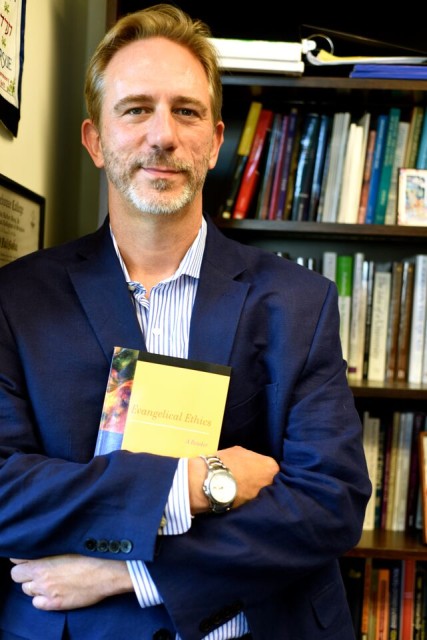 I predict that in 2019 post-white evangelicalism will show signs of finding its footing. This will look like a whole lot of people trying to create new vision, new churches, new structures and new community, with less focus on all that is wrong with white evangelicalism and more creating of constructive alternatives.
I predict that in 2019 post-white evangelicalism will show signs of finding its footing. This will look like a whole lot of people trying to create new vision, new churches, new structures and new community, with less focus on all that is wrong with white evangelicalism and more creating of constructive alternatives.
Look for more church plants by people who have left or are leaving white evangelicalism and are not simply going to join mainline churches or leave church altogether. Look also for deeper rejection of the “whiteness” of white evangelicalism and intentional efforts to (re)unite with Christians of other ethnicities. Read more.
Gushee is the director of Mercer University’s Center for Theology & Public Life. He also wrote the popular RNS column “Christians, Conflict & Change.”
The Rev. Tom Reese: Catholics will loosen up on clerical celibacy — but for real this time
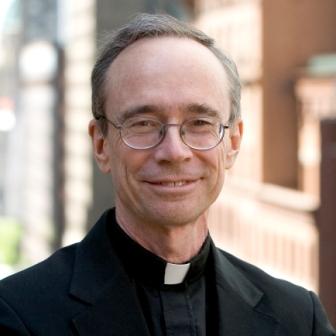
For 2018, I predicted that “This is the year the Catholic Church will get serious about discussing the possibility of married priests.” I guess I was a year too early in making my prediction. I fear that 2018 was all about the sexual abuse crisis in the Catholic Church.
But the problem of a shortage of priests around the world has not gone away; it simply got worse. There are not enough priests to provide the sacraments, celebrate Mass or give pastoral care to the Catholic people. So for 2019, I am repeating my prediction for the same reasons I gave last year.
In October 2019, there will be a synod for the Amazon, where bishops are desperate for priests. There is a good chance this synod will ask for married priests. At least, the debate will begin. Pope Francis is not afraid of such a debate. Read more.
Reese, a Jesuit priest, is a senior analyst at RNS and writes its “Signs of the Times” column.
John Gehring: Power to the Catholic laypeople
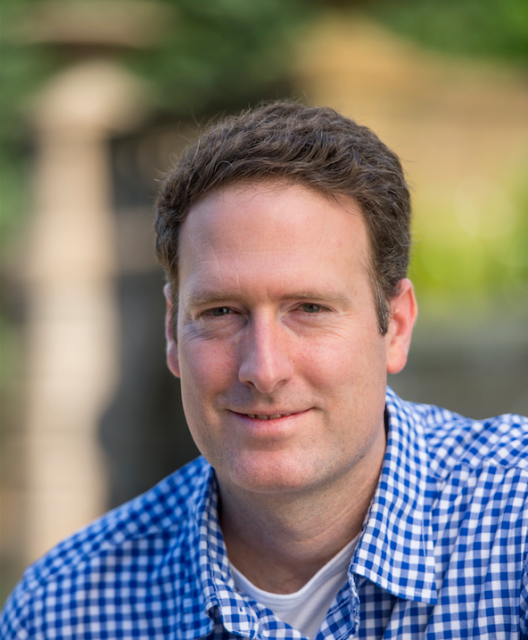
Photo courtesy of Faith in Public Life
As the clergy abuse crisis continues to shake the foundations of the Catholic Church, 2019 will be the Year of the Laity. Catholics in the pews are angry, disgusted and ready to act. Lay leaders will emerge to help save the church from itself. Institutional evil and abuse of power flourished because of a toxic clerical culture that allowed the hierarchy to operate under special rules. Those days are over.
In the wake of a sickening grand jury report in Pennsylvania that found systemic abuse and cover-up over several decades, the illusions that the problem was isolated or that bishops can police themselves have been shattered for good. I expect to see more whistleblowers bravely speak out — as the former executive assistant to Buffalo’s Catholic bishop did — publicly challenging a failure to confront predatory priests. Catholics will also assert control in dioceses and demand increased transparency as decisions regarding how to respond to clerical abuse devolve away from bishops to lay-led boards and commissions with greater independence. Read more.
Gehring is the Catholic program director at Faith in Public Life. He is author of “The Francis Effect” and a former associate director for media relations at the U.S. Conference of Catholic Bishops.
Ahmad Greene-Hayes: Progressives of faith will have to start walking the talk
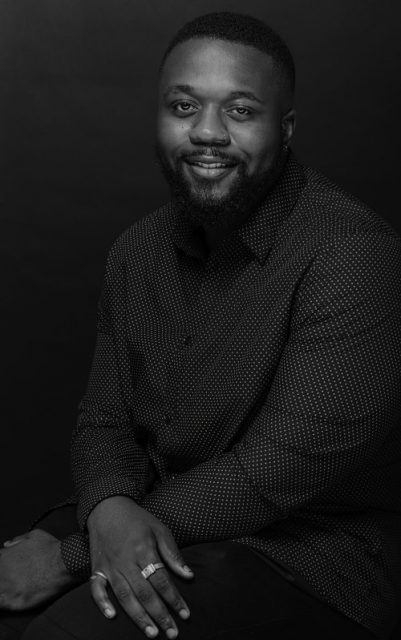
Photo by WELTHE Images
As a black scholar of religion and a leftist, my prediction is unapologetically a prophetic lament in the spirit of the African-American prophetic tradition.
Indeed, as anti-black racism, xenophobic violence directed at Latinx migrants, Islamophobic vitriol against Muslims, the burning of Jewish synagogues, the rape and molestation of children in both Catholic and Protestant churches and the unabashed disdain for black bloodshed in the streets continues to register as quotidian practice in the U.S., the gods of white supremacy, capitalism, imperialism, cisheterosexism, sexual violence and deceit will have to be earnestly reckoned with, and with urgency.
If not, in 2019, the “discomfort” and “discontent” expressed prominently by liberals and self-avowed progressives regarding the current U.S. presidential regime will remain mere lip service. Read more.
Greene-Hayes is a doctoral student in religion at Princeton University. He is the founder of Children of Combahee, a organization combating child sexual abuse in AfricanAmerican churches.
Jana Riess: Mormon Church will loosen institutional control, with some notable exceptions
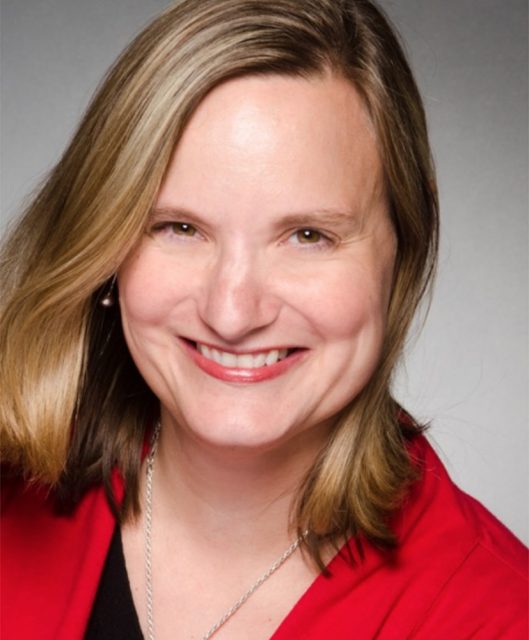
I predict that 2019 for Mormons — meaning, for members of the Church of Jesus Christ of Latter-day Saints — will be a year of many incremental and procedural changes, as the church continues to dismantle some of the institutional control of “correlation.”
For more than half a century, “correlation” has been the defining feature of Mormon institutional life around the world, centralizing all curriculum and programs under the single authority of a hierarchical priesthood structure based in Salt Lake City. 2018 already saw some of such dismantling, with the combining of local priesthood quorums, the discontinuation of church-wide home and visiting teaching programs, the announced exit from a century-long relationship with the Boy Scouts, and a lowered age requirement for children entering LDS youth programs.
But even as the institutional church softens its centralized stance in some areas, it’s hardened it in others, such as in the new insistence that the name “Mormon” no longer be used. Read more.
Riess writes the popular “Flunking Sainthood” column at RNS. Her latest book, “The Next Mormons: How Millennials Are Changing the LDS Church,” will be published in March 2019.
Dalia Fahmy: Religion gets even more political around the world

The next year will see the weaponization and increased politicization of religion. The results of two years of packing federal courts with conservative judges will show how the scope of politicized religion in the U.S. is expanding. The women’s wave will continue, and more women than men will run for office. This will have implications on the abortion debate and women’s reproductive rights.
In Europe, Brexit will not only affect global financial markets but also have consequences for the border with Northern Ireland and the right to work for EU nationals living in the UK. Both these questions have politicized religious dimensions. The rise of nationalism and populism throughout the world, mostly right-leaning, has eaten into support for both traditional center-right and center-left. It has given voice to an alt-right movement that finds its justification in religious terms. In the Middle East, religious “reforms” in Saudi Arabia have served as a guise for further political repression. Read more.
Fahmy is an associate professor of political science at Long Island University and a senior fellow with the Center for Global Policy.
Mark Silk: Looking for a solution to the abuse crisis? Don’t sleep on the pope’s unprecedented meeting of bishops
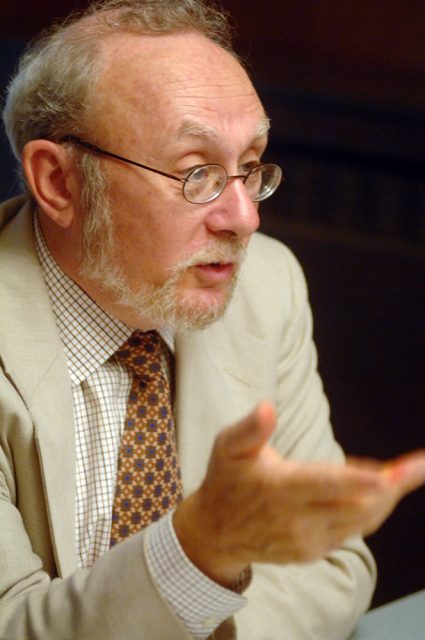
The most surprising religion story of 2018 was the return of the Catholic abuse scandal at a full-blast level not seen in this country since 2002-2003.
As a result, Pope Francis has summoned the leaders of national bishops’ conferences from all over the world to a four-day meeting at the Vatican in February. Expectations for what is likely to emerge from the meeting are now being lowballed. What can be accomplished in four days? Won’t many bishops, especially from non-Western countries, push back against efforts to make them accountable?
I’m predicting otherwise. The pope recognizes how high the stakes are, and he has put in charge a small committee that is committed to addressing the need to discipline bishops who fail to handle abuse cases properly. Read more.
Silk writes the “Spiritual Politics” column at RNS. He is a professor and the director of the Leonard E. Greenberg Center for the Study of Religion in Public Life at Trinity College.
Aminta Kilawan-Narine: A year of fearless fights for justice
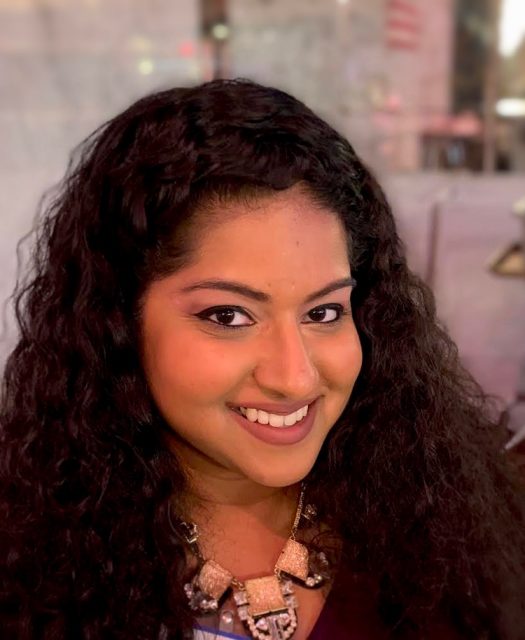 I predict that there will be revolutionary female faith leaders coming to the fore in all faith traditions, and that these leaders will emerge with unflinching support.
I predict that there will be revolutionary female faith leaders coming to the fore in all faith traditions, and that these leaders will emerge with unflinching support.
I predict that the #MeToo movement will exponentially grow and that, in turn, more survivors of child sexual abuse perpetrated by religious leaders will come forward to break their silence.
I predict that several progressive Hindus will run for office and ultimately win. By progressive, I refer to those who will champion the rights of the most vulnerable, fight for racial, economic and environmental justice, promote gender equity, advocate for the rights of LGBTQ people and fearlessly hold strong to their values, come what may. Read more.
Kilawan-Narine, a legislative attorney and community activist, is a co-founder of Sadhana: Coalition of Progressive Hindus.
Meira Neggaz: Expect Muslim political engagement to keep on the rise
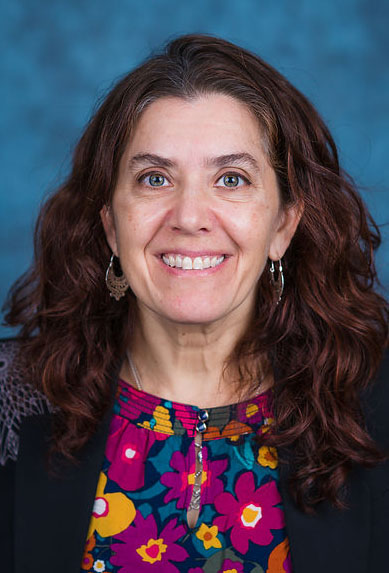 Everyone knows American Muslims hit a major milestone this year with the elections of the first two Muslim women in Congress, Ilhan Omar and Rashida Tlaib. But they were far from the only Muslims to run for public office in 2018.
Everyone knows American Muslims hit a major milestone this year with the elections of the first two Muslim women in Congress, Ilhan Omar and Rashida Tlaib. But they were far from the only Muslims to run for public office in 2018.
But Muslims weren’t just running for office in 2018 — they were also registering to vote in increasing numbers. ISPU data shows that Muslim voter registration has increased from 60 percent in 2016 to 75 percent in 2018. While voter registration has gone up, satisfaction with the current president is lowest among Muslims in all the faith and non-faith groups we measured in our American Muslim Poll. We predict in 2019 American Muslims will continue to become involved in public life — as both engaged voters and public officials. Read more.
Neggaz is executive director of the Institute for Social Policy and Understanding, a research organization studying American Muslims.
Bishop Karen Oliveto: The United Methodist Church will emerge as united and uniting
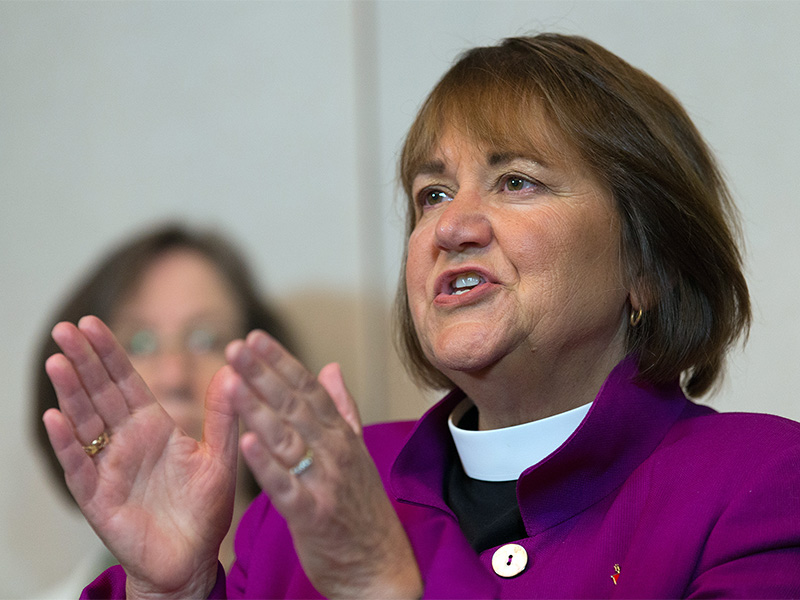
Photo courtesy of UMNS/Mike DuBose
In 2019, United Methodist will engage our theological sources of scripture, tradition, experience and reason to recognize that whether you are conservative or progressive, straight or LGBTQ, immigrant or native-born, farmer or urbanite, cisgender or transgender, young or old, the 1 percent or the 99 percent, differently abled or the temporarily abled, living in North America or on another continent, or a uniquely beautiful skin hue in the human rainbow — all, by God’s abundant grace, are a part of Christ’s body.
All are necessary members, with vital roles to play, to make a beautiful, beloved community. The United Methodist Church will live into this more fully in 2019 and provide a critical witness to a fractured, hurting world that differences do not have to lead to division and unity is not the same thing as uniformity. Read more.
Oliveto is the the first openly lesbian bishop to be elected in the United Methodist Church. She serves in the Mountain Sky Episcopal Area.
The Rev. Johnnie Moore: Expect new alliances and major transitions for traditional institutions
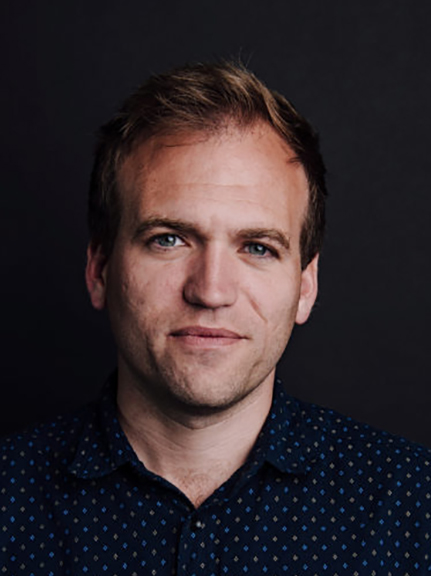
Photo courtesy of The Kairos Company
In the digital, those who dwelled on the ideological edges of historic institutions, or whose thinking didn’t exactly align with them, are no longer forced to be a part of those organizations. They no longer serve as gatekeepers to influence, prosperity or change. The organizations will continue to hold major sway but a different type of sway, which will largely be determined by how they adapt.
Many of those historic organizations are now in once-in-a-generation leadership transitions, as baby boomers retire. I predict that many older millennials will jump their Generation X siblings in being selected for those positions.
Meanwhile, I expect global interfaith efforts to continue to accelerate especially between Christians, Muslims and Jews, and those activities will also extend to the Hindu community in particular because of certain geo-political dynamics in South Asia. Read more.
Moore is a commissioner on the U.S. Commission on International Religious Freedom, president of the Congress of Christian Leaders and an informal spokesperson for the evangelicals who advise the Trump administration.
Bradley Onishi: The “exvangelical” movement will continue to grow
 Earlier this month, CBS aired a documentary titled “Deconstructing My Religion,” which spotlighted the growing number of Americans who are leaving evangelicalism and speaking out about their experiences of trauma and abuse in their former communities. Ex-evangelicals have formed an active and growing online community under the hashtag #Exvangelical. My prediction is that the activism of #Exvangelical will continue to grow in size and impact.
Earlier this month, CBS aired a documentary titled “Deconstructing My Religion,” which spotlighted the growing number of Americans who are leaving evangelicalism and speaking out about their experiences of trauma and abuse in their former communities. Ex-evangelicals have formed an active and growing online community under the hashtag #Exvangelical. My prediction is that the activism of #Exvangelical will continue to grow in size and impact.
Before they helped elect Donald Trump, white evangelicals were viewed by many fellow white Americans through the lens of the Simpson’s character Ned Flanders — at worst, an irritating group of religious people who pushed their views on others and propagated an unrealistic sexual and moral ethic. White evangelicals are now more often depicted as a dangerous cultural force whose support for Trump’s presidency reveals the racism and xenophobia that have long been at the heart of its politics. The rise of #Exvangelical promises to continue — and accelerate — this trend. Read more.
Onishi is an associate professor of religious studies at Skidmore College. He is the author of ”The Sacrality of the Secular” and co-host of the Straight White American Jesus podcast.
Archbishop Joseph D’Souza: All eyes on South Asia, where religious nationalism is reaching a fever pitch
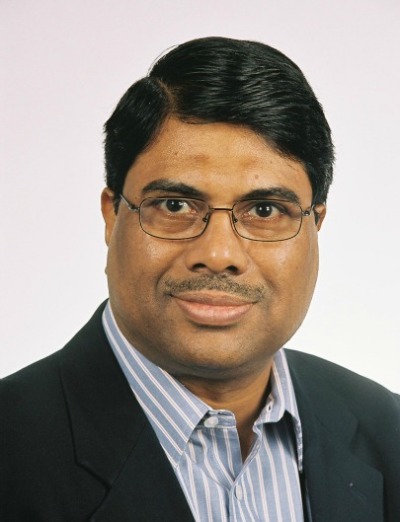 The world needs to pay close attention to South Asia in 2019. The rise of religious nationalism is already threatening freedom of expression and belief for religious minorities, and with general elections in South Asia next year, tensions are bound to get higher.
The world needs to pay close attention to South Asia in 2019. The rise of religious nationalism is already threatening freedom of expression and belief for religious minorities, and with general elections in South Asia next year, tensions are bound to get higher.
In countries such as India, which has the world’s largest Hindu population and the second-largest Muslim population, tensions between the two communities have resulted in deadly incidents of mob violence. Some politicians are exploiting these tensions to incite communalism and polarize electoral blocs across religious lines. So-called cow vigilantes are prowling the streets and carrying out extrajudicial executions against anyone remotely suspected of hurting the sacred animal. A person’s religious identity is becoming the litmus test of his or her citizenship. If the government fails to act and hold responsible those who incite religious hatred as well as those responsible for attacks against religious minorities, next year will see an increase in violence and clashes. Read more.
D’Souza is moderator bishop of the Good Shepherd Church of India, president of the All India Christian Council and founding president of the Dignity Freedom Network.
The Rev. Jack Graham: American Christianity’s fate hinges on local churches
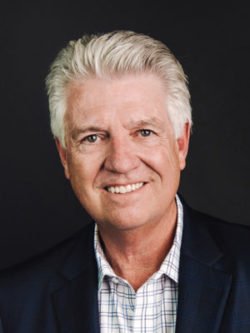
We are living through one of the most turbulent times in American history. Racism, gun violence, drug addiction, sexual abuse, religious intolerance, immigration issues — you name it — abound at an alarming rate. How Christians respond to these challenges will determine whether the church in America will flourish in 2019.
I believe 2019 can be the year of the local church, because all of the issues America is facing start at the local level. Churches that are committed to on-the-ground ministry in their communities — being the hands of Jesus to migrants in need, helping people who are battling mental illness or drug addiction, building bridges of unity where there is racial division — will flourish. Read more.
Graham is the senior pastor of Prestonwood Baptist Church in Plano, Texas.
The Rev. Ronnie Floyd: Christians will set aside differences to unite in faith
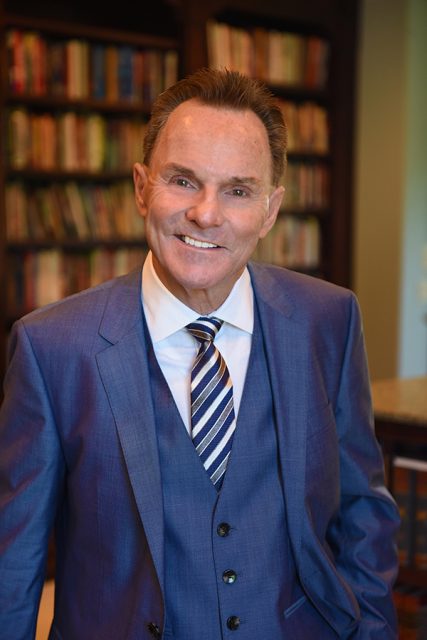 One of the greatest challenges followers of Christ will face in 2019 will be making sure that our faith is what defines us and nothing else.
One of the greatest challenges followers of Christ will face in 2019 will be making sure that our faith is what defines us and nothing else.
If we do not stay grounded in God’s Word, centered on Christ and empowered by the Holy Spirit, then we will act, look and sound much like the divided and polarized culture around us. We need to remember Jesus did not say we would be known by our creeds or our doctrinal statements or by what denomination we belong to. He said we would be known by one thing alone: our love for one another. But for that to happen, the church in America must overcome its own divisions and rise as one.
We are not black churches, we are not white churches, we are not Latino churches, we are not Asian churches, we are not Native American churches — we are the church of Jesus Christ, and the people of Jesus should be known by their love. Read more.
Floyd is the president of the National Day of Prayer Task Force and senior pastor of Cross Church in Springdale, Ark.
Rabbi Abraham Cooper: Remembering the stranger
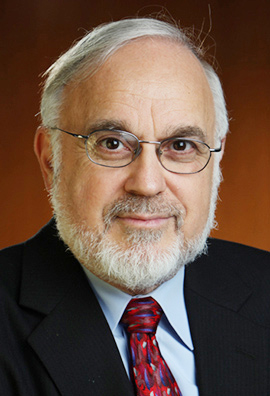 Religions are meant to be a source of blessing for humankind. In 2019, multifaith leaders have a long way to go to gain respect from believers and atheists alike.
Religions are meant to be a source of blessing for humankind. In 2019, multifaith leaders have a long way to go to gain respect from believers and atheists alike.
We must find our collective voice to protect Christians in Nigeria from continuing murder and mayhem from the likes of Boko Haram. We must forge effective global coalitions to urge Beijing to allow Christians and Muslims to adhere to their faiths, as destroying churches and dispatching hundreds of thousands to internment camps is unacceptable in 2019.
We must lobby for the forgotten from Myanmar, Syria and Iraq still languishing in refugee camps; we must take the lead on both sides of the Atlantic to denounce skyrocketing anti-Semitism, history’s oldest hate. Read more.
Cooper is associate director of the Simon Wiesenthal Center.
